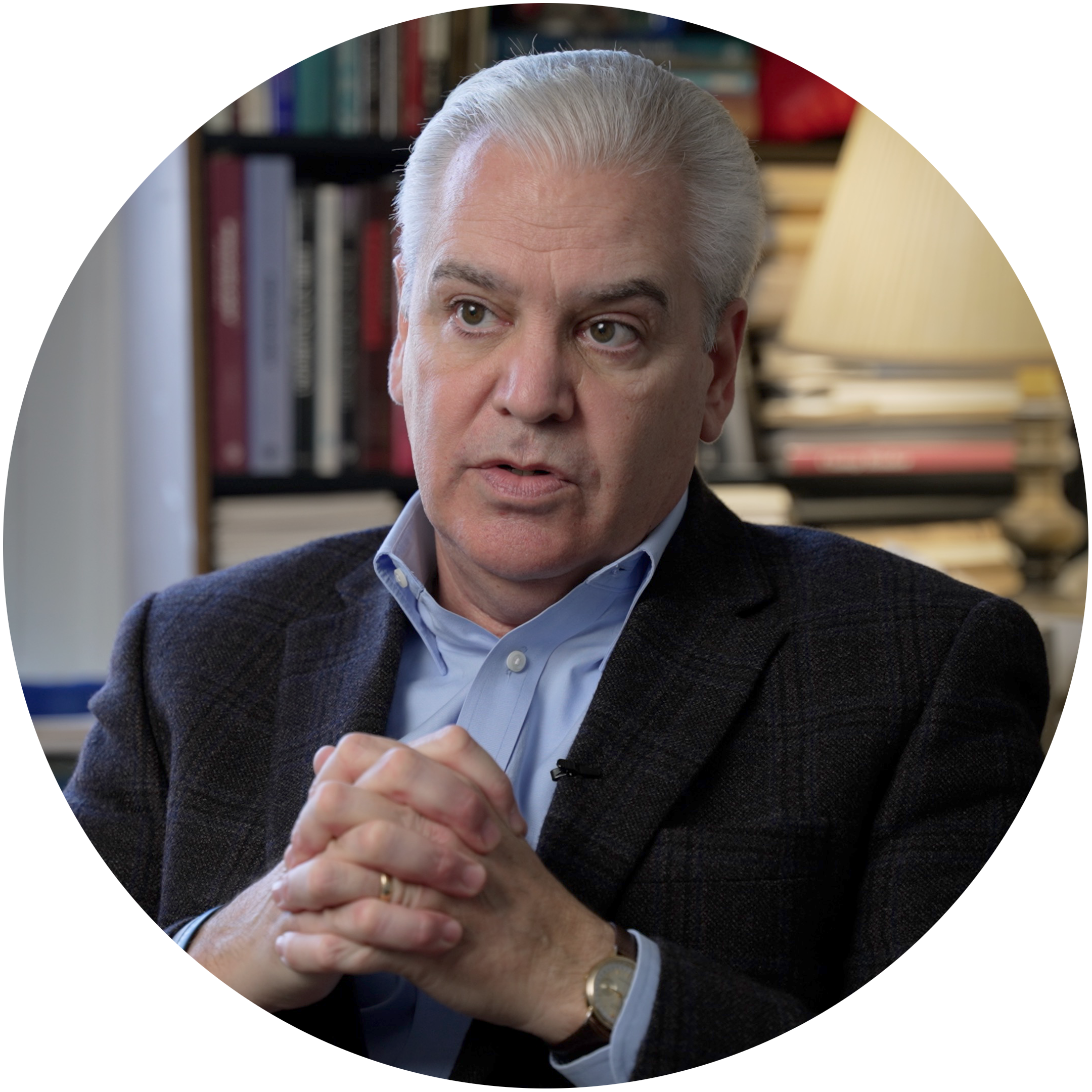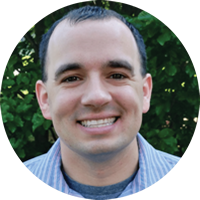Much of what is done in the name of clinical care for suicidal risk is based a well-established history that centers on controlling a person who is suicidal largely out of fear and a presumption that providers know best what the person needs. Importantly, clinical research is increasingly showing that many common practices for suicidal risk are ineffective or may actually increase risk. This presentation systematically reviews the history of dealing with suicidal risk from its medieval origins, through decades of a carceral medical model approach, right up to present day suicide-focused interventions that reliably and effectively decrease suicidal suffering and related behaviors. This presentation separates fact from fiction–what actually works based on clinical science, in marked contrast to largely fear-based clinical practices that have little to no empirical support too often relying on habit or wishful thinking. To this end, the presentation considers screening for suicidal risk, the use of voluntary and involuntary hospitalization, safety-plan type interventions and other acute interventions, as well as suicide-focused treatments that reliably reduce suicidal risk. Various challenges to enhancing clinical suicide care are considered along with recommendations for the way forward.

About David A. Jobes, Ph.D., ABPP
David A. Jobes, Ph.D., ABPP, is a Professor of Psychology, Director of the Suicide Prevention Laboratory, and Associate Director of Clinical Training at The Catholic University of America. Dr. Jobes is also an Adjunct Professor of Psychiatry, School of Medicine, at Uniformed Services University. He is the author of seven books and hundreds of articles and book chapters. He is the creator of the Collaborative Assessment and Management of Suicidality (CAMS) and one of the founders of CAMS-care, LLC (a professional training and consultation company). Dr Jobes is the recipient of many awards such as the 2022 Alfred M. Wellner Award for Lifetime Achievement (for research excellence) from the National Register of Health Service Psychologists and the 2025 “Erwin Ringel Service Award” for contributions to suicide prevention from the International Association of Suicide Prevention (IASP). He is a Fellow of the American Psychological Association and is board certified in clinical psychology (American Board of Professional Psychology). Dr. Jobes maintains a private clinical and consulting practice in Washington DC and in Maryland.

About Kevin Crowley, Ph.D.
In addition to serving as a CAMS-care Senior Consultant, Dr. Kevin Crowley works as a Staff Psychologist at Capital Institute for Cognitive Therapy, LLC, and as a Lecturer at The Catholic University of America. He has conducted risk assessments, delivered suicide-specific treatments, and provided suicide-focused consultation and training through the VA Health Care System and outpatient private practices since 2010. He has also been involved in several suicide-focused program evaluations and formal research projects through The Catholic University of America’s Suicide Prevention Laboratory (Washington, DC) and the Rocky Mountain MIRECC for Suicide Prevention (Denver, CO). Dr. Crowley’s research to date has emphasized brief interventions for reducing shame and suicide risk, understanding suicide “drivers,” and considerations for optimizing the effectiveness of suicide-focused training. He has presented this research and offered clinical workshops at the annual conventions of both the American Association of Suicidology and the Association for Behavioral and Cognitive Therapies.
Watch the Recorded Webinar On-Demand
Enter your information to gain access.